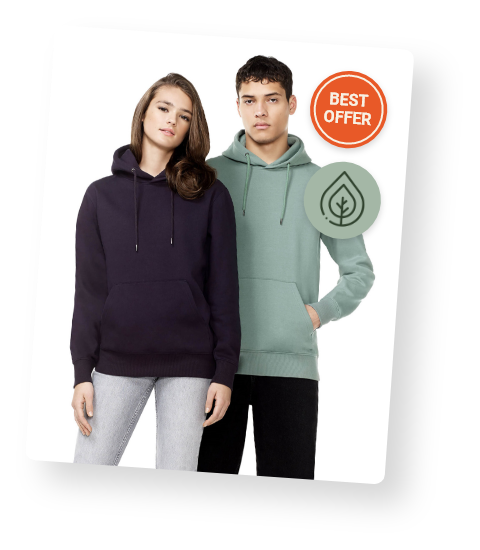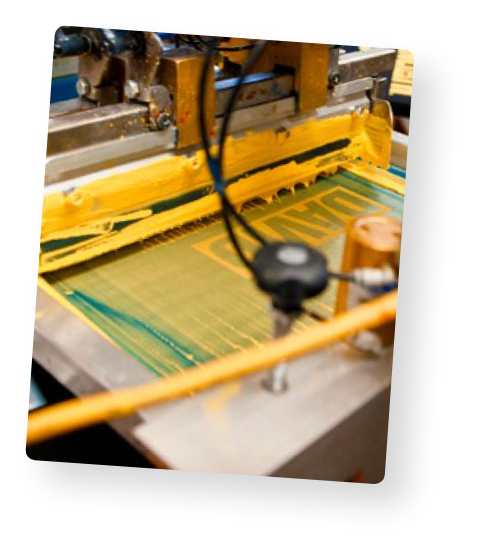Certificates & Seals

Certificates and seals have the task of guaranteeing the consumer a certain product or origin standard. There are many different certificates and seals in the textile sector, some of which are product- or social-related. The most important and strictest program here is the Global Organic Textile Standard (GOTS), which monitors both the product properties and the social conditions during production. In the following we would like to briefly explain the Global Organic Textile Standard (GOTS) and some other important certificates.
Global Organic Textile Standard
The Global Organic Textile Standard (GOTS) is recognized as the world’s leading standard for the processing of textiles made from organically produced natural fibers. GOTS includes both environmental and social criteria within the entire textile production and supply chain. These are checked by independent certification companies.
Fair Wear Foundation
The Fair Wear Foundation is a non-profit organization that enforces and guarantees various work standards in the companies in cooperation with companies in the textile industry. These are social and labor law standards and security for employees.
PETA Approved Vegan
The PETA Approved Vegan seal identifies fashion and textiles as free from animal ingredients. Anyone who cares about animal welfare can use it to identify products at a glance that no animal has had to suffer for.
OCS – Organic Content Standard
The certificate guarantees the traceability of the organic material in the textile and transparency in the production chain. Environmental management and social criteria play no role here, it’s all about the raw material.
Öko-Tex Standard 100
The standard certifies all processing stages of substances and products for protection against harmful substances worldwide using independent test methods.
Global Recycle Standard (GRS)
Fairtrade
Fairtrade cotton products do not necessarily have to be organic, but they can and basically also stand for a GMO-free and chemical-free cultivation of the raw material. First and foremost, however, the standard is intended to ensure fair wages for the producers who join together in democratic cooperatives without child labour.
WRAP Worldwide Responsible Apparel Production
Amfori
Amfori is an association that, with the BSCI (Business Social Compliance Initiative), companies have a code of conduct
as well as a corresponding monitoring system to set up ethical supply chains. It is about combating child labor and discrimination,
the promotion of occupational health and safety, the strengthening of environmental standards and freedom of collective bargaining.
Sedex
Sedex is a verification that offers corporate social responsibility and ethical behavior audits
to help them improve labor, environmental and health standards and work on business ethics.
Reach
Reach is an EU chemicals regulation and stands for Registration, Evaluation, Authorization and Restriction of Chemicals.
The aim is to protect human health and the environment.
EU Ecolabel

The European Commission awards the label to products that have a lower environmental impact than comparable products. The consumption of harmful chemicals and the release of harmful emissions should be reduced. The longevity and recyclability of products should be improved. The production conditions should be fair and safe.


